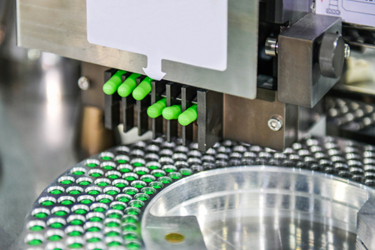How Various Clinical Study Stages Influence Oral Formulation Approach

Oral dosage drug forms represent a significant number of new drug approvals. In fact, they accounted for 45% (24 out of 53) of the new drugs given the green light by the FDA in 2020. Because of their place drug development, it’s important for pharmaceutical and biopharmaceutical companies to implement a phase-appropriate approach for early formulation development and later-stage commercial development.
Biotech companies prefer early phase development for their new compounds to prove the principle in human as soon as possible. Early phase formulation development typically uses “the simple formulation approach.” A sophisticated technology is necessary for compounds posing challenging properties in solubility and bioavailability.
By contrast, late-stage commercial formulation typically utilizes quality by design (QBD) principles and Design of Experiments (DoE). This approach helps develop a robust clinical formulation that is suitable for use as a commercial product, such as tablet, capsule, and liquid-filled capsule. Incorporating advanced technologies into regular tablet/capsules dosage forms is a daunting task for the late-stage development.
Get unlimited access to:
Enter your credentials below to log in. Not yet a member of Outsourced Pharma? Subscribe today.
